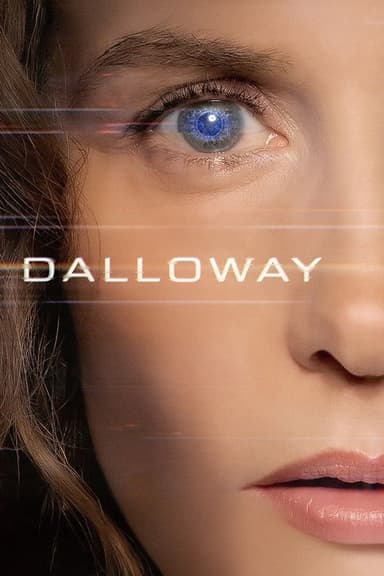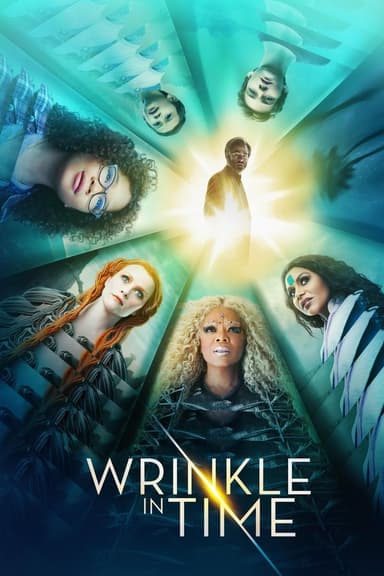
Orlando
1992 • Drama, Fantasy • PG-13
England, 1600. Queen Elizabeth I promises Orlando, a young nobleman obsessed with poetry, that she will grant him land and fortune if he agrees to satisfy a very particular request.
Runtime: 1h 30m
Why you should read the novel
Reading Virginia Woolf's Orlando: A Biography opens up a rich, imaginative exploration far beyond what any film can capture. Woolf's language is playful, witty, and bracingly experimental, drawing readers into Orlando’s consciousness in a way only prose can. The novel’s creative narrative voice, innovative structure, and subversive humor are best appreciated on the page, revealing deeply layered reflections on gender, time, and identity.
The book invites more personal engagement, letting each reader envision Orlando’s transformations and adventures through the lens of their own imagination. The intricate narrative weaving—blending history, fantasy, and satire—thrives in Woolf's distinctive style, providing nuances and delights that a visual medium cannot replicate. In print, Orlando’s centuries-spanning journey and kaleidoscopic shifts in form and identity feel more intimate and profound.
By reading the original novel, you experience Woolf’s command of language, and her trailblazing approach to storytelling and gender theory in its purest form. For those seeking a multi-layered, thought-provoking literary experience, Orlando: A Biography offers a depth of complexity, cleverness, and creativity seldom matched by even the most beautiful of film adaptations.
Adaptation differences
Sally Potter’s film condenses Woolf’s intricate narrative, streamlining the centuries-long timeline and focusing heavily on Orlando’s physical transformations and relationship to gender. The movie updates and reinterprets certain historical settings to make them visually compelling and more accessible to contemporary audiences, often at the expense of Woolf’s literary satire and social commentary. Notably, several supporting characters and subplots, including some of Orlando’s lovers and adventures, are either reduced or omitted entirely, shifting the emotional texture and complexity of the protagonist’s journey.
The novel’s unique narrative voice—ironic, playful, and self-reflexive—is one of its most distinguishing features, but this is largely absent from the film. Woolf’s direct addresses to the reader, as well as the fictional biographer device, give Orlando: A Biography a layered, metafictional quality. In contrast, the movie employs some breaking of the fourth wall through acting and cinematography, but this cannot replicate the book’s nuanced narration or its deliberate ambiguity about truth and fiction.
Orlando’s gender transformation is portrayed more straightforwardly in the film, with a single pivotal scene, whereas the book handles it with elaborate metaphor, philosophical musings, and a lack of definitive explanation. This subtlety is lost in adaptation: much of Woolf’s meditation on identity and societal constructs unfolds in extended passages of inner thought, which are difficult to translate to screen without relying on voiceover or other cinematic devices that the film largely avoids.
Finally, the movie’s ending departs from Woolf’s conclusion, offering a more direct and arguably optimistic take on Orlando’s self-realization in the modern world. Woolf’s novel concludes with Orlando’s continued journey into the unknown, leaving questions open-ended, as befits its themes of fluid identity and perpetual transformation. The adaptation offers resolution where the book prefers ambiguity, emphasizing different emotional and philosophical notes between the two works.
Orlando inspired from
Orlando: A Biography
by Virginia Woolf











